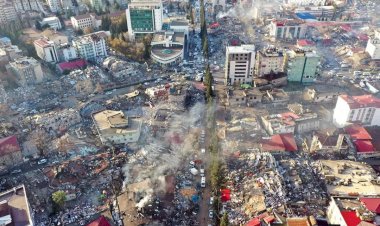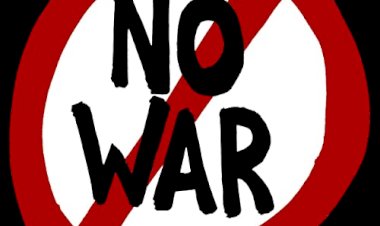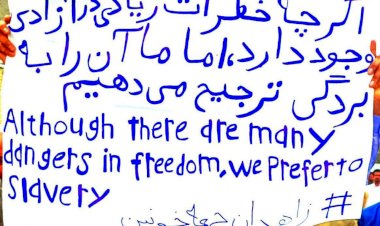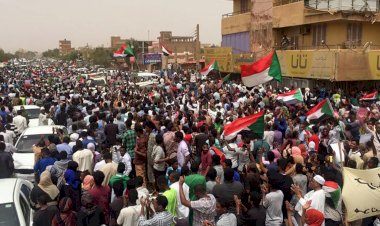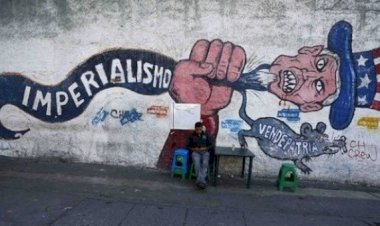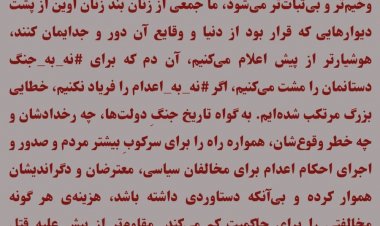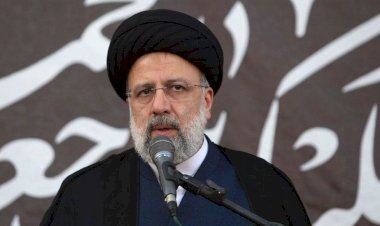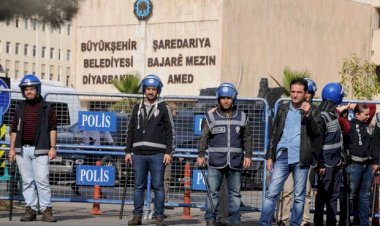What does a socialism program look for Western Asian and Caucasian progressives
By “Rosa Samadi”
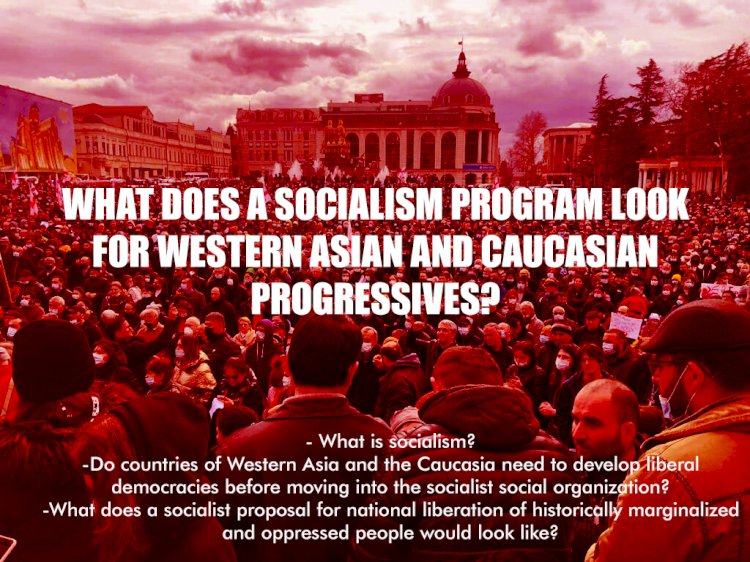
Question 1: What is Socialism?
Socialism is democratic control of the workplace by the workers with the aim of providing the greatest amount of goods and services instead of the capitalist logic of production for profit. Socialism is the control of organs of politics and administration by the masses through workplace elections with immediate recalls of political representatives and the replacement of bureaucratic elements at the discretion of the people. Socialism is an evening out of unequal development that has occurred under feudal and capitalist phases of history by investing in marginal territories and giving the historically oppressed populations and nations compensation. Socialism is destroying of the institutions of war and coercion and redirecting those resources towards the needs of the people which ought to be rights in any modern society.
Question 2: Do countries of Western Asia and Caucasia need to develop liberal democracies before moving into socialist social organization?
No. Since then all is the world “through imperialism and neoliberal capitalism” has been incorporated into one economic order, the gradualist proposal lacks any real basis. Specifically, for our region, this proposal would lead to tension and competition in providing the cheapest labor to the international corporations and alliances to the benefit of the bourgeoisie in the developed countries instead of promoting regionalism, and elimination of the intrusive borders that separate culturally and historically connected people. A Socialist program on the regional scale would eliminate the influence of reactionary and nationalist currents which thrive on petty conflicts and fascistic rhetoric.
Question 3: What does a socialist proposal for national liberation of historically marginalized and oppressed people would look like?
As mentioned above, in a socialist political economy, underdeveloped regions with be granted the political power and the economic resources to better their destinies and set their own agenda for development. A socialist policy thereafter recognizes the right to education in the language of the region, the right to be not hampered by borders inherited from feudal and imperialist borders, the right to federalist legislation and implementation of policies, and the right to be represented in the judicial process of greater polity and in the general right to self-determination. What a socialist program would not allow is the oppression of such marginalized nations by a tribal elite in the name of national and cultural rights which would undoubtedly lead to such groups acting as pawns in the International competition between imperialist powers of east and west.



![Breaking news: Reza Shahabi And Hassan Saeedi, The Imprisoned Members of The Syndicate of Workers of Tehran and Suburbs Bus Company, Were Released [Today, September 1, 2024]](https://socialistmiddleeast.com/uploads/images/image_380x226_66d58ec4962c1.jpg)


